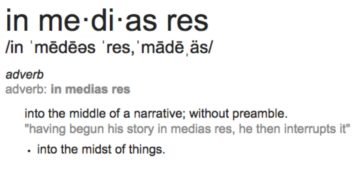 Adam Tooze over at site Chartbook:
Adam Tooze over at site Chartbook:
I’ve experienced big history up close before. The intifada in Palestine in the 1980s. The collapse of the communist regime in the GDR in 1989. But in its personal impact COVID was far more direct, both as a shadowy threat and in its immediate impact on my life, that of my family and immediate community. For me the crisis was compelling also in the sense that I was enrolled in writing and thinking about it with no let up and in real time.
Of course, it is not just the immediate events you are in the thick of. We are all immersed in our own inner, mental worlds. Books relate to each other. They form a kind of internal conversational circle. And, after a while, other voices chime in.
In the fall of 2019, months before the pandemic began to circulate in earnest, Perry Anderson subjected some of my work to a searching review in the pages of New Left Review. He observed that delivering narrative as if in medias res is a habit of mine.
His remark has been hanging over me ever since.
Anderson is right. I generally prefer a narrative mode that plunges you in to the middle of things, rather than beginning at the beginning. The in medias res approach is more engaging. It catches the reader’s attention from the start because they have to scramble to orientate themselves. It is also more transparent in its artifice. I prefer the deliberate and obvious break in the linear flow produced by a flashback – “now we interrupt the action to explain something you really need to know” – to the apparent simplicity and calm of “beginning at the beginning”, which in its own way begs all the same questions, but smuggles the answers into the smooth flow of a linear narrative.
As Anderson suggested, this stylistic preference also reflects a certain understanding of politics and agency and their relationship to history, which might broadly be described as Keynesian left-liberalism. As he puts it, “a ‘situational and tactical’ approach to the subject in hand determines entry to” the subject matter “in medias res”.
More here.
